Evolution of the Word
The First Christmas
The First Paul
The God We Never Knew
The Heart of Christianity
Jesus
Jesus: A New Vision
The Last Week
Living the Heart of Christianity
The Meaning of Jesus
Meeting Jesus Again for the First Time
Putting Away Childish Things
Reading the Bible Again for the First Time
Speaking Christian
Front cover illustration: Jim Tierney

CONVICTIONS: HOW I LEARNED WHAT MATTERS MOST. Copyright 2014 by Marcus J. Borg. All rights reserved under International and Pan-American Copyright Conventions. By payment of the required fees, you have been granted the nonexclusive, nontransferable right to access and read the text of this e-book on-screen. No part of this text may be reproduced, transmitted, downloaded, decompiled, reverse-engineered, or stored in or introduced into any information storage and retrieval system, in any form or by any means, whether electronic or mechanical, now known or hereafter invented, without the express written permission of HarperCollins e-books.
HarperCollins website: http://www.harpercollins.com
HarperCollins,  , and HarperOne are trademarks of HarperCollins Publishers.
, and HarperOne are trademarks of HarperCollins Publishers.
FIRST EDITION
Library of Congress Cataloging-in-Publication Data is available upon request.
ISBN 9780062269973
EPub Edition April 2014 ISBN 9780062269997
Version 06182018
14 15 16 17 18 RRD(H) 10 9 8 7 6 5 4 3 2 1
To Trinity Episcopal Cathedral in Portland, Oregon,
where my wife, Marianne, was a priest and I a
member for eighteen years, and where the sermon
that gave birth to this book was preached; and to
Trinity Episcopal Church in Bend, Oregon,
our new church home in our retirement. To both
of these communities of Christians and seekers:
gratitude, thanksgiving, and blessing.
And to Henry and Abbey, our slate and blonde
Glen of Imaal terriers. Described as a very
spiritual breed, they have kept me company in
my study as I wrote this book.
CONTENTS
T HIS BOOK IS PERSONAL and more than personal. Personal: it is the product of turning seventy and reflecting about my life at that milestonemy memories, conversions, and convictions. More than personal: the convictions that have emerged in my life seem to me to be important for Christians more generally, especially for American Christians.
Christian and American name the cultural context in which I was born and in which I have lived most of my life. I continue to be both, and I am grateful for both parts of my inheritance. But being both raises a crucial question: What does it mean to be Christian and American today? To be Christian and to live in the richest and most powerful country in the world, often called the American Empire, and not just by critics but also by champions? And to be both in a time of a deeply divided American Christianity? If what I have to say is relevant to Christians who live in other parts of the world, so be it. I hope it may be so.
My academic study of Christianity began about fifty years ago because of a passionate intellectual interest. For the past three decades, maybe more, even as I may not have been conscious of it, my intense intellectual interest has been combined with a passion for communicating what my studywhat I have learnedmight mean for Christians in our time and place. What might the things we can know about the Bible, Jesus, and the Christian past mean for Christians today? And what should they mean?
Because this passion has informed most of my writing for thirty years or more, some of what is in this book will be familiar to people who have read some of my other books. But I trust that it is freshly expressed. And some of what is in this book treats themes I havent written about before, or at least not at length.
I had planned to write this book without notes, in part because of its personal and sometimes conversational nature. But as I worked on the manuscript, I realized that there were places where I wanted to use notes. Some add explanation or detail that might be distracting in the body of the manuscript. Some refer to parts of my other books where I have developed a claim more fully. Some recommend further reading. But I have not used notes to document my ideas, as if piling up sources and showing how much I have read gives greater authority to the convictions expressed in this book.
I thank the folks at my publisher, HarperOne, a relationship now almost thirty years old, even as the individuals involved in that relationship have changed. To Mickey Maudlin, my extraordinarily busy and yet ever helpful editor, and to all those at HarperOne who work hard to produce, market, and sell my books: Mark Tauber, Claudia Boutote, Terri Leonard, Katy Renz, Jennifer Jensen, Cindy Lu, Lisa Zuniga, Jessie Dolch, and Kimberly McCutcheon.
T HE IDEA FOR THIS BOOK emerged in a particular context. It was born as I prepared a sermon for the Sunday of my seventieth birthday in what was then my home church, Trinity Episcopal Cathedral in Portland, Oregon.
My birthday was (as always) in Lent. One of that seasons central themes is mortality. It begins on Ash Wednesday with a memento moria vivid reminder that we are all mortal and marked for death. Ashes are put on our foreheads in the shape of a cross as we hear the words, Dust thou art, and to dust thou wilt return. None of us gets out of here alive.
Seventy may be the new sixty, but it is not young. Mortality looms large. In one of John Updikes last novels, the main character reflects as he turns seventy that half of American men who live to age seventy do not live to eighty. Soldiers in combat have a better chance of survival, even in the trenches of World War I or in the killing fields of the German-Russian front during World War II.
I have lived the three score and ten years that the Bible speaks of as a good span of life: The days of our life are seventy years / or perhaps eighty, if we are strong (Ps. 90.10). Then, like Ash Wednesday, the passage continues with a memento mori: They are soon gone, and we fly away.... So teach us to count our days / that we may gain a wise heart (90.12).
But despite the unmistakable onset of serious aging, turning seventy has not been grim. Turning sixty was much more difficult. It felt old. Nothing in my childhood had prepared me to think of sixty as anything other than that. Sixty felt like the end of potential and the beginning of inevitable and inexorable decline.
At seventy I primarily feel gratitude. Each extra day feels like lagniappe, a Cajun French word that means something extralike the cherry on top of the whipped cream on top of the hot fudge on top of the ice cream. I enjoy my days more than I ever have. At seventy, life is too short to spend even an hour feeling preoccupied or grumpy or out of sorts.
I have also experienced a second and unexpected effect of turning seventy: it has been interestingly empowering. In a sentence: If we arent going to talk about our convictionswhat we have learned about life that matters mostat seventy, then when? Some care needs to be exercised. Seventy isnt a guarantee of wisdom or a license to be dogmatic. Its quite easy to be an opinionated old fool.

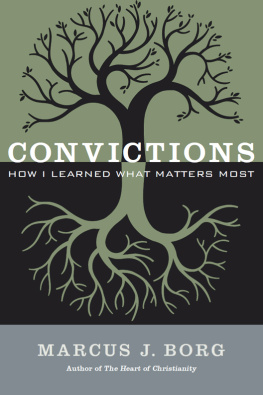
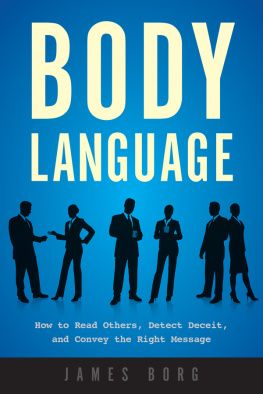
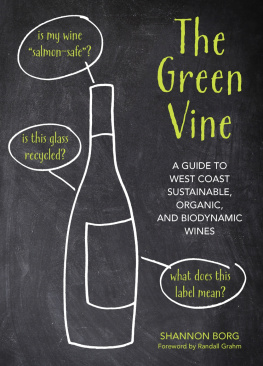
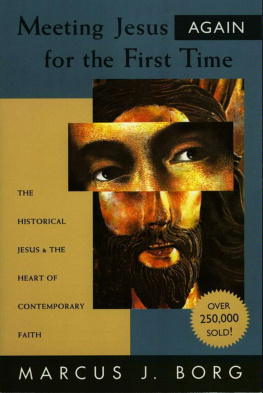
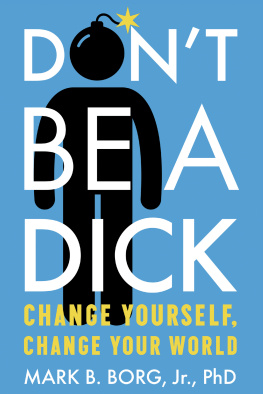
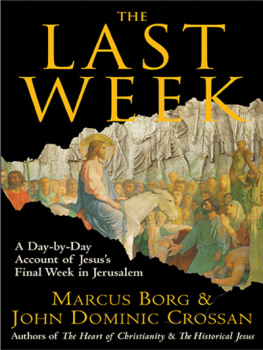
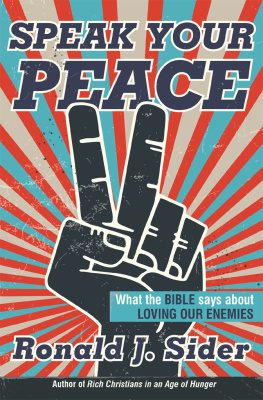
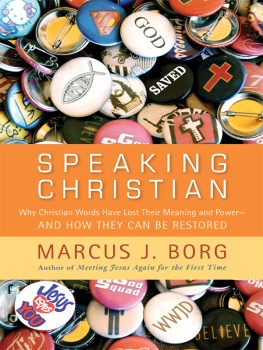
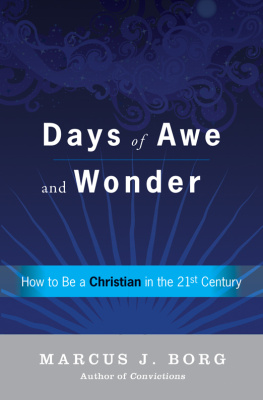

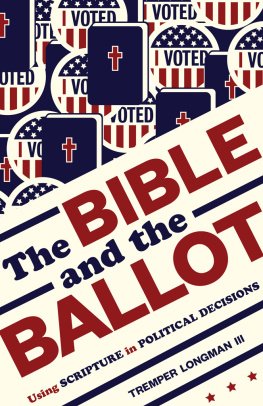
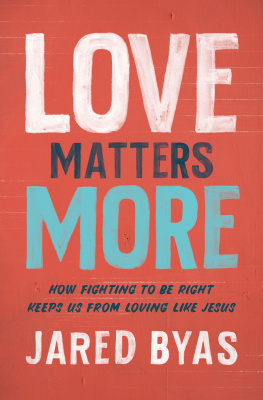
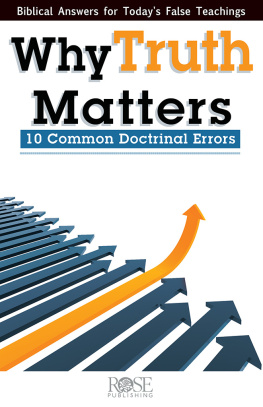
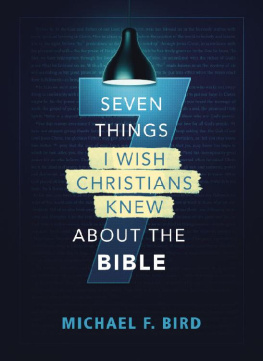
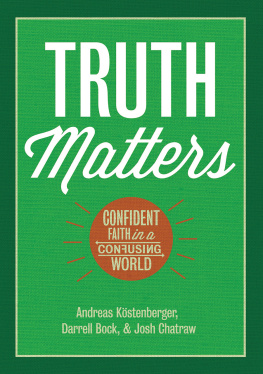
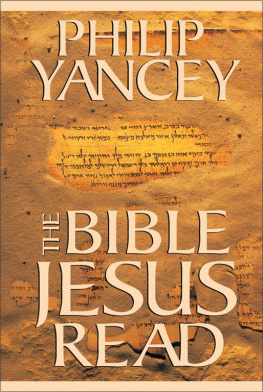
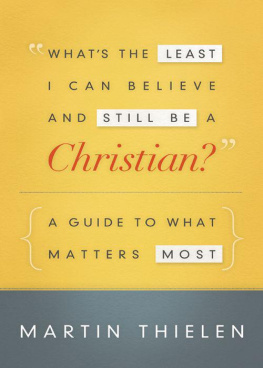
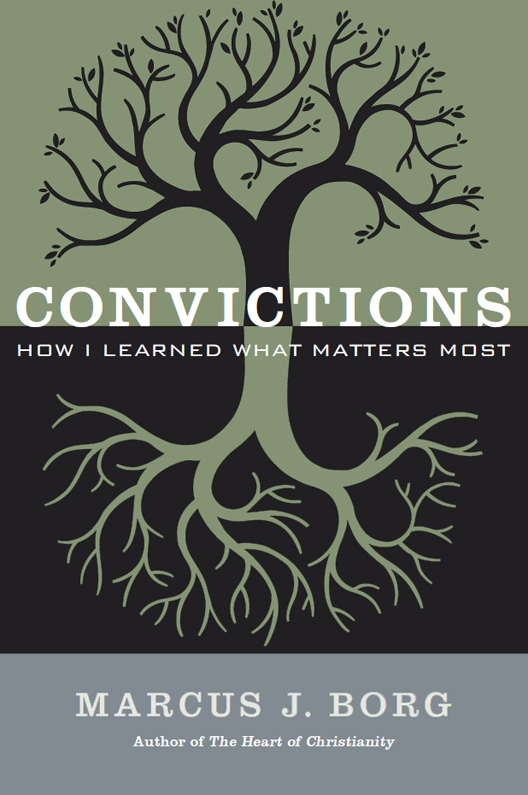

 , and HarperOne are trademarks of HarperCollins Publishers.
, and HarperOne are trademarks of HarperCollins Publishers.